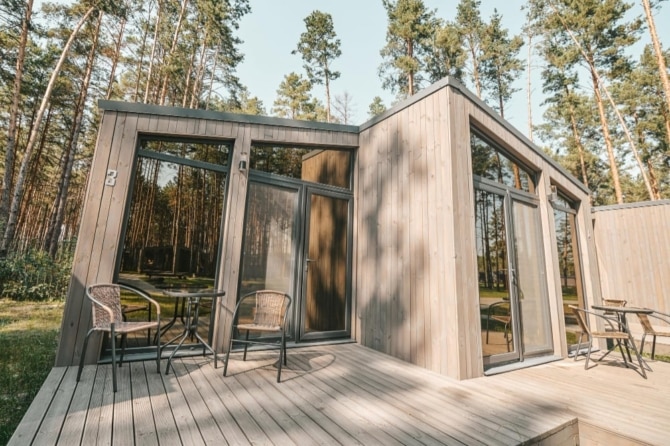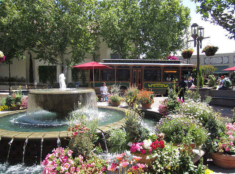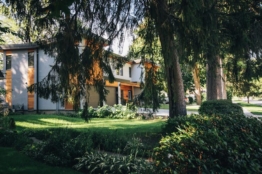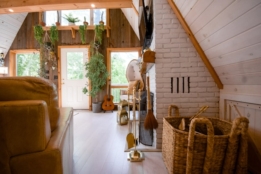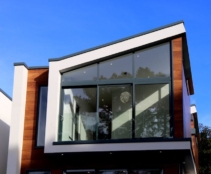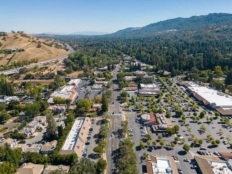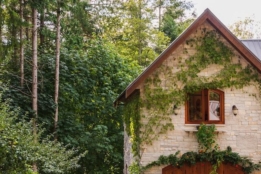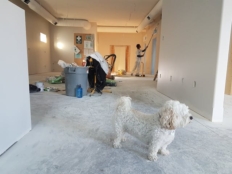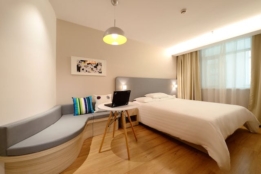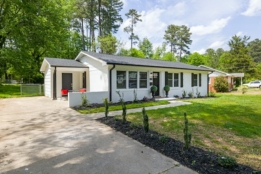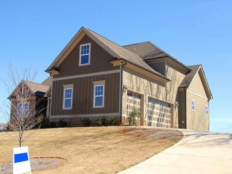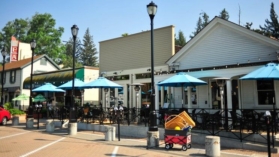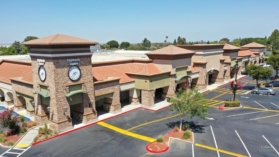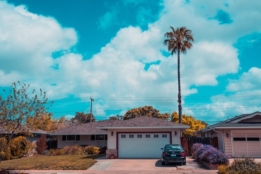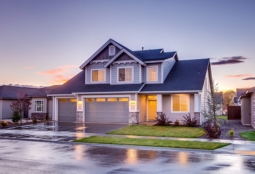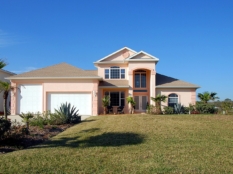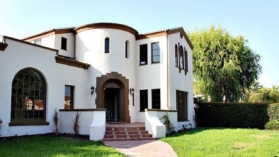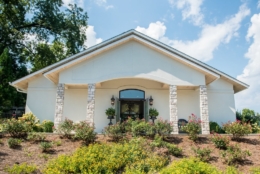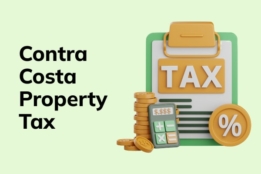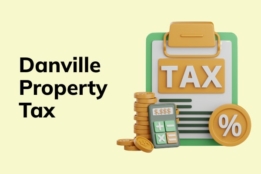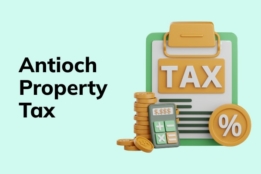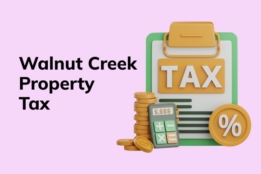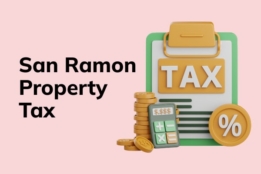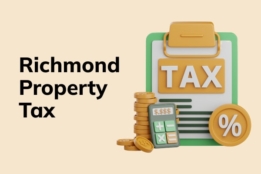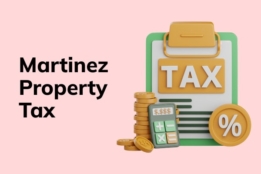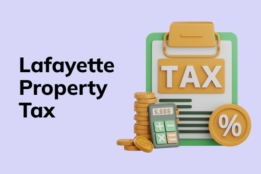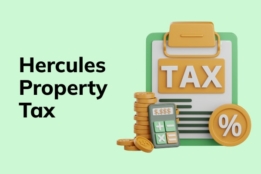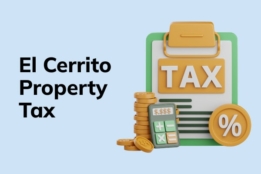Table of content
Are Tiny Homes Legal In California?
Although tiny homes are generally legal in California, there are certain areas where they are not permitted as permanent residences. It is essential to familiarize yourself with the zoning and building codes of your city. If you plan to live in a tiny house, you must determine if California allows them in your location.
For instance, let’s examine San Francisco‘s zoning laws. These regulations prohibit houses where rooms are smaller than 70 square feet. However, just an hour away in Isleton, you will find Northern California’s first legal tiny house community called Park Delta Bay. Therefore, it’s evident that the legality of tiny houses varies significantly.
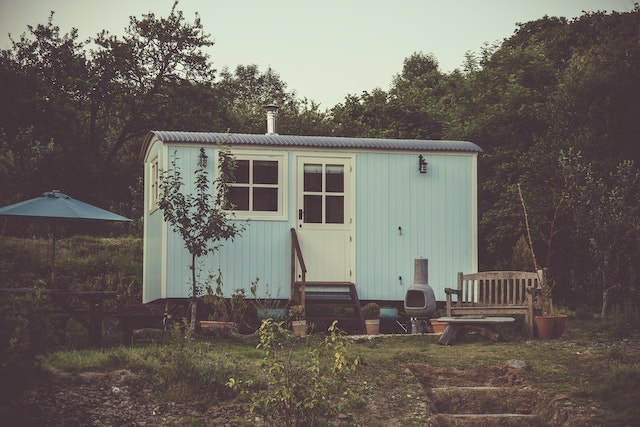
California’s Tiny House Laws
In 2016, a bulletin issued by the California Department of Housing and Community Development defined the structures that are considered as tiny homes. This definition encompassed Manufactured Homes, factory-built housing, park trailers, recreational vehicles, and camping cabins.
Here is a list of what cities and counties in California allow tiny homes:
- Fresno
- Los Angeles
- San Diego
- San Luis Obispo
- San Jose
- Santa Cruz
- California City
Notably, Sacramento and San Francisco are among the areas where tiny houses are currently illegal. However, please note that these restrictions are subject to change, so it’s important to stay updated.
Building Codes And Permits
If you intend to build a tiny house in California, you will need to obtain a permit from your local planning department. To acquire the permit, you must adhere to the applicable building codes. The California State Building Code (CSBC) encompasses both the California Building Code and the California Residential Code.
The following building codes are relevant to tiny houses:
- Ceilings must be at least 7 feet and 6 inches high.
- There must be at least one room with a gross floor area of 120 square feet or more.
- The net floor area for all other living spaces must exceed 70 square feet.
- Basic requirements must be met for plumbing, lighting, ventilation, smoke/carbon monoxide detectors, and emergency exits.
The minimum size of your home will depend on its occupancy. The rules differ for various types of tiny homes. However, accessory dwelling units (ADUs) must have a living room with more than 220 square feet of floor space, with an additional 100 square feet for each additional occupant beyond two. Additionally, ADUs must include the following:
- Cooking appliances
- A kitchen sink
- A separate closet
- Provision for refrigeration
As you can see, there are many considerations to keep in mind. If it feels a little overwhelming, come to us for advice. We have a robust knowledge of building codes in Contra Costa and beyond so our input could be invaluable. We could also show you our portfolio of homes for sale to see if anything stands out for your consideration.
Where Can Tiny Homes Be Placed In California?
If you have a tiny house on wheels, you may be curious about where you can legally live in a tiny house in California. According to state laws, there are four primary areas where tiny homes on wheels can be parked:
- Private parking areas
- Parking spaces in tiny house communities
- RV parks
Of course, there are various other types of tiny houses. In terms of where you can build a tiny house in California, the following are permitted:
- You can build it on a residential lot you own.
- There may be campgrounds or RV parks that allow them.
It is crucial to adhere to these laws when building or parking tiny homes in California. Failure to comply with the requirements could result in a breach of the law and subsequent consequences.

Tiny Homes And Zoning Regulations
Zoning regulations apply to every lot in California. If you plan to build a tiny home on vacant land, it is important to ensure you are familiar with the applicable zoning regulations. Depending on the circumstances and county laws, it may be possible to apply for zoning variances or exemptions before constructing your tiny house in California.
However, it is essential to keep in mind that there is no guarantee of success in obtaining these variances or exemptions. Additionally, the cost of legal advice, as well as the associated paperwork, can quickly accumulate. Before making an appeal, it is advisable to inquire with your local planning department regarding the relevant codes.
The optimal approach is to acquire land that is already suitable for your plans, as this can help streamline the process and avoid potential complications. With complex zoning regulations in place, it may be more prudent to seek a more standard type of housing, and we can help with this.
Locating Tiny House Communities In California
There are several thriving tiny house communities in California where the concept of tiny living is actively promoted. In these areas, residents embrace the tiny house lifestyle, and you will find a wide range of tiny homes within these communities. Some of the notable tiny house communities in California include:
- Park Delta Bay
- Joshua Tree
- The Modesto tiny house community
- The Fresno tiny house community
Additionally, there are numerous smaller communities throughout California that warmly welcome individuals who desire to live in small houses. These communities offer an ideal environment where you can connect with like-minded individuals. Moreover, they have regulations that are highly supportive of tiny houses, and you can expect ample assistance and support for your plans.
How To Build A Tiny House In California
If you are considering how to build a tiny house in California, here is a series of steps that you need to consider:
- Choose the type of tiny house you want: Whether it’s an ADU or a house on wheels, it’s important to make a decision.
- Conduct thorough research: Familiarize yourself with all the legal requirements and regulations that apply to building a tiny house.
- Find an experienced construction company: There are numerous companies specializing in building tiny houses. They can provide valuable assistance in navigating regulations and working with the planning department.
- Select your location: Different counties and cities have varying zoning regulations. It may be beneficial to choose a location with more favorable regulations or find a suitable lot in your own area.
Once you have completed these steps, you can proceed with building your tiny house. As long as you have fulfilled all the criteria in the planning process, everything should progress smoothly, and your tiny house will be ready for occupancy.
If you are interested in purchasing an existing tiny house or building one in Contra Costa, feel free to seek advice from us. Our expertise in local laws and regulations enables us to provide valuable guidance. Alternatively, we can help you find other home types that might satisfy your needs in the county.
Tiny House Size And Dimension Regulations In California
In Santa Cruz, California, tiny homes are required to be no larger than 400 square feet and no taller than 14 feet. However, regulations regarding size limits for tiny houses vary across different counties and cities within the state. Some areas have no specific regulations in place regarding size limits for tiny houses.
In addition to size limits, there may be other specific requirements to qualify as a tiny home, including design features and construction materials associated with tiny homes. This highlights the importance of familiarizing yourself with the local regulations.
If you need assistance with this matter in Contra Costa, please feel free to contact us, and we will be glad to help.
Registration And Licensing
If a tiny home in California is on wheels, it is required to be registered. This follows the same rule as any other vehicle, necessitating a valid vehicle registration and license plate. However, if a tiny home is built on foundations, registration or licensing is not required. Nevertheless, it must still comply with all relevant building regulations.
Ownership of a tiny home can present challenges, especially considering that certain areas in California have building regulations that make it exceedingly difficult. If you require advice or would like to explore alternative housing options, please don’t hesitate to contact us. We are here to discuss and assist you in making informed decisions.
How To Live In A Tiny House In California
Living in a tiny house is all about downsizing your life. It means having limited space for possessions, but many individuals discover that their life expands in other meaningful ways. It’s important to remember that choosing to live in a tiny house is more than just a housing choice—it’s a lifestyle. While it can be a great change for some, it may not be suitable for everyone.
Living in a tiny house requires adjusting to utilizing the outdoors as an extension of your living space. The real space lies outside, so selecting a location that offers ample outdoor space is essential. When it comes to living in a tiny home in California, finding individual space may sometimes require a bit of creativity, especially if you are sharing the space with others.
Additionally, you may need to familiarize yourself with aspects such as:
- Composting toilets
- Alternative water sources
- Creative storage solutions
- Wood-burning stoves
- Different financing and insurance methods
While living in a tiny house may offer the possibility of a mortgage-free lifestyle, it does require embracing a different way of living compared to what you may be accustomed to. If you are uncertain whether this choice is right for you, please feel free to contact us. We can discuss various housing options, and our expertise can greatly assist you in making an informed decision.
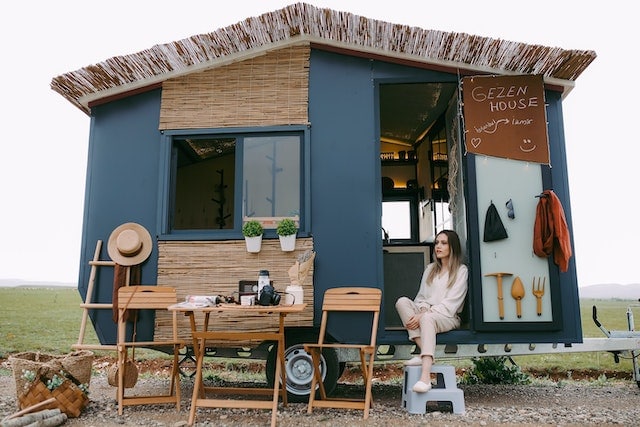
Financing And Costs Of A Tiny House In CA
There are numerous lenders in California that offer mortgages tailored to the specific needs of tiny houses. These mortgages can be used for purchasing or building tiny homes, depending on your requirements. However, if you are interested in buying a tiny house on wheels, you may need to consider seeking a personal loan instead.
When searching for financing options for your tiny home, it’s important to be aware that there will likely be specific criteria you must meet. These criteria will vary from lender to lender but may include factors such as:
- Meeting building regulations
- Having adequate security features
- Fulfilling insurance requirements
Many individuals opt to build a tiny house in California to achieve a mortgage-free lifestyle. If this is your goal, it may be more advantageous to utilize your savings to fund the construction. Nonetheless, financing a tiny home project can be intricate and challenging. If you would like to explore more conventional housing options with simpler financing, we are here to assist you in Contra Costa County.
Insurance For Tiny Homes
While it is not a legal requirement to obtain home insurance for tiny homes in California, it is highly recommended. Similar to more standard constructions, there are various factors that can cause damage to a tiny home. However, securing insurance for a tiny home can sometimes be challenging.
The unique construction of many tiny homes is the reason behind this difficulty. They may not adhere to standard building regulations, which can make insurers more hesitant to provide coverage. It is crucial to be honest about the nature of your tiny house when contacting insurers in California. When you find potential insurers willing to provide coverage, it is important to conduct due diligence and ensure that your home meets all the necessary requirements. Keep in mind that certain non-standard constructions may result in slightly higher premiums.
Frequently Asked Questions
Are Tiny Homes Legal In California?
Generally speaking, yes they are. But there are counties and cities where the regulations are stricter, so check building and zoning regulations carefully.
Do I Need A Permit To Build A Tiny House In California?
Yes, you will need to obtain permission from your local planning department. Acquiring a permit for your tiny home involves complying with numerous regulations.
Where Can I Legally Place A Tiny House In California?
Depending on the county, there are various legal options for situating a tiny house. You can explore tiny home communities, private land, RV parks, or camping lots. It is advisable to contact your local building regulations authority to gather more information and guidance.
